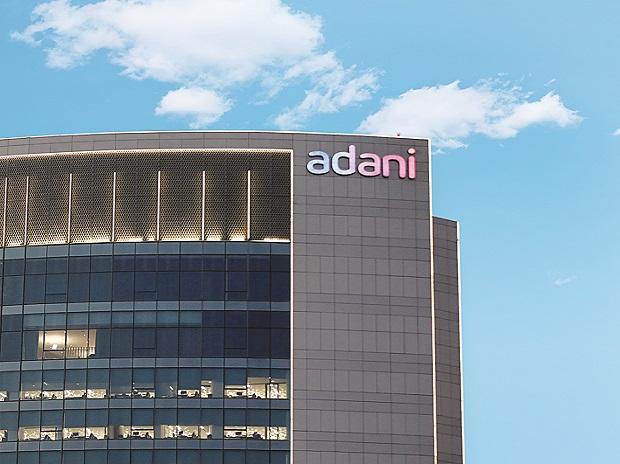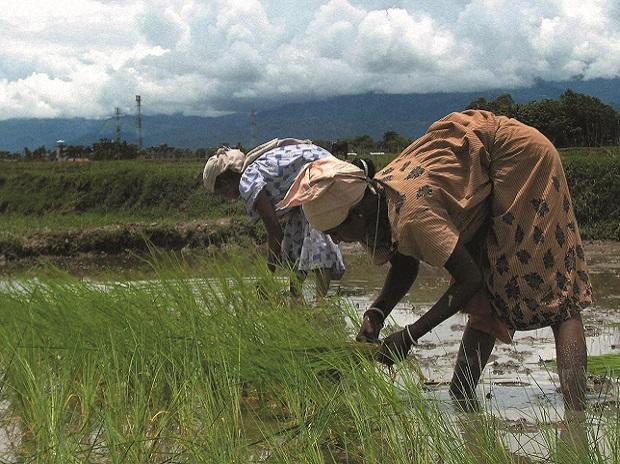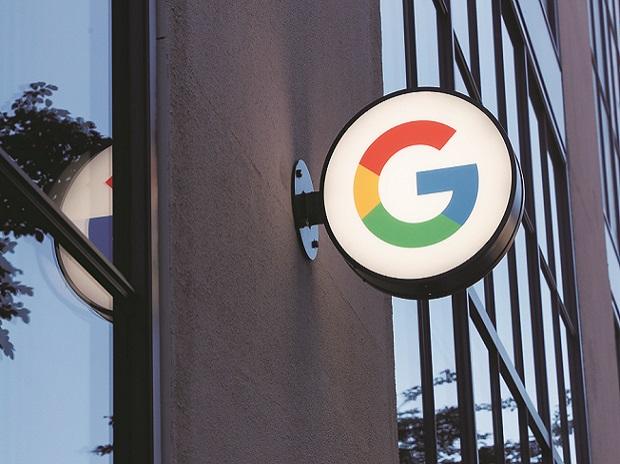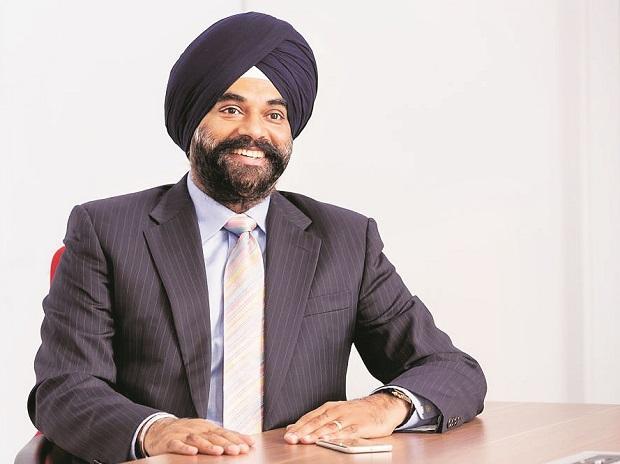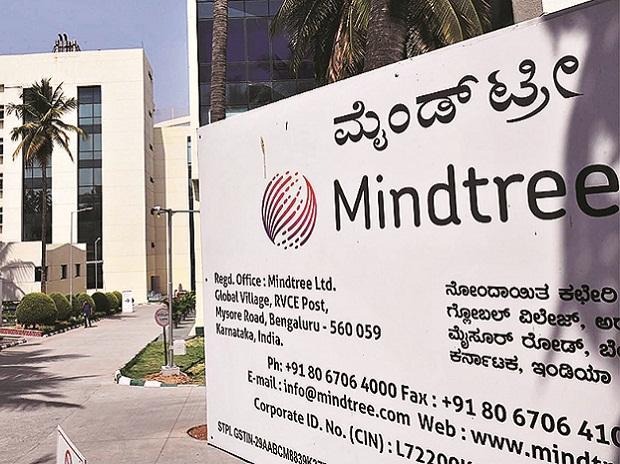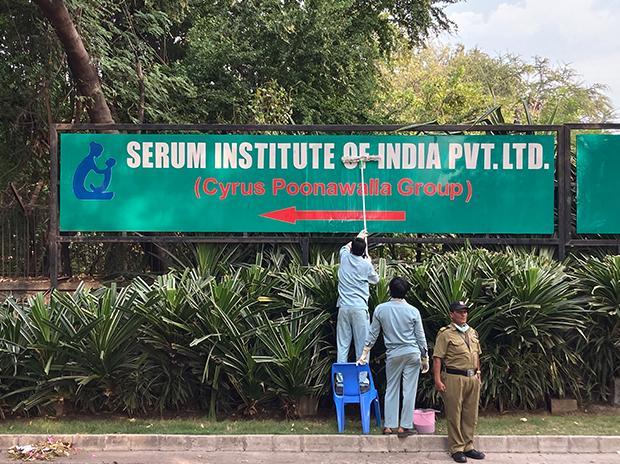Airtel has to pay Rs 1,050 crore and Vodafone Idea Rs 2,000 crore, says report.

The telecom department has asked Vodafone Idea and Bharti Airtel to pay within three weeks Rs 3,050 crore as penalties for allegedly breaking licence terms by denying Reliance Jio Infocomm their networks, the Economic Times reported Friday two weeks after the government announced a relief package for the industry.
Airtel has to pay Rs 1,050 crore and Vodafone Idea Rs 2,000 crore for the alleged violation of norms on points of interconnection (PoIs) in 2016, said the newspaper.
The Telecom Regulatory Authority of India (Trai) had recommended fines in 2016; the telecom department accepted its recommendations in June 2019 but had not served the notices till now.
Vodafone and Idea merged in August 2018.
The union cabinet on September 15 approved a relief package for its cash-strapped telecoms sector including a four-year moratorium on airwaves payments due to the government. The measures gave breathing space to debt-ridden Vodafone Idea, which previously said it runs the risk of a shutdown without government help and more time to pay dues.
Businsess Standard reported last week Vodafone Idea will require a complete moratorium on debt and interest payments and simply deferring AGR (adjusted gross revenue) and spectrum dues, the biggest cost head for the firm, is unlikely to help it effect a turnaround.
The company spent nearly Rs 5,200 crore on interest payment in the first quarter of financial year 2021-22 (Q1FY22), which amounts to 57 per cent of its net sales. In FY21, Vi’s outgo on interest payments was nearly Rs 18,000 crore, or about 43 per cent of its net sales.
"We are deeply disappointed with the arbitrary and unfair demand based on Trai recommendations of 2016 relating to provisions of point of interconnect to a new operator," an Airtel spokesperson said in a statement to ET.
The newspaper said Vodafone Idea did not respond to its questions.




